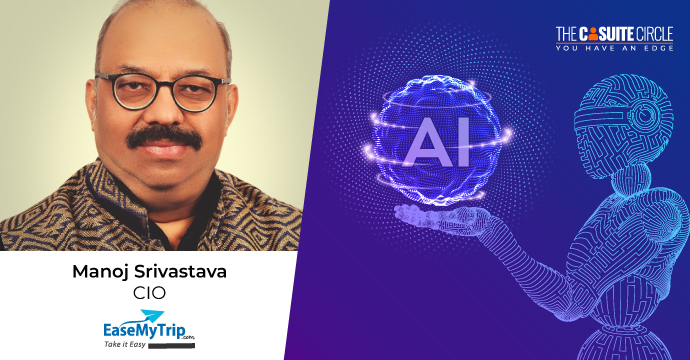The Transformative Impact of AI and GenAI on Future Business Models

What is the impact of Generative AI on business processes and models?
Generative AI is fundamentally transforming the business landscape, modifying existing processes, creating new ones, and rendering others obsolete. It spans various industries, offering unparalleled opportunities and formidable challenges. The COVID-19 pandemic in 2020 forced a global re-evaluation of automation, slowing its progress and making us reconsider its investment value. Moving forward, embracing the lessons learned is crucial for leveraging AI for a better future. The pandemic highlighted the need for preparedness, acting as a reset button for digital transformation—essentially, automation with a fresh coat of paint.
How is AI integrating into different sectors, and what are the implications for jobs?
AI has seamlessly integrated into all sectors, becoming commonplace. Virtual assistants (VAs) and chatbots efficiently handle repetitive tasks across industries, optimizing resource allocation. For instance, AI-powered VAs in call centers manage customer inquiries about products, services, pricing, and maintenance, ensuring smooth operations. While AI might replace some traditional roles, it’s about preparing industries for a digital future. Companies may shift from hiring traditional office staff to multi skilled professionals, enhancing efficiency.
How are AI and Generative AI transforming our professional and social lives?
In professional settings, AI automates mundane tasks, allowing professionals to focus on creativity and strategy, boosting productivity and innovation. AI-powered algorithms deliver personalized experiences on social and professional platforms, enhancing user engagement. However, this widespread adoption raises concerns about privacy, data security, and ethical considerations. Continuous learning and upskilling are essential for professionals to remain relevant in an AI-driven economy.
Socially, AI tools facilitate faster communication and information sharing, keeping us connected in real-time. However, these technologies also influence social interactions and norms. From interacting with virtual assistants to engaging with social media algorithms, AI shapes our online interactions profoundly.
How is AI revolutionizing cybersecurity?
AI and Generative AI play crucial roles in cybersecurity, offering innovative solutions to protect organizations from evolving threats. AI-powered systems analyze vast data to identify patterns indicative of cyber threats, swiftly detecting and mitigating attacks like malware, phishing, and insider threats. They predict future cybersecurity threats, enabling organizations to anticipate and mitigate risks. AI tools also enhance training programs, fostering a culture of cybersecurity within organizations. Generative AI systems continuously learn and adapt to evolving threats, staying ahead of cyber adversaries.
Is AI and Generative AI an expensive investment for businesses?
Implementing AI and Generative AI-based systems can involve significant costs, including hiring skilled professionals, acquiring and managing data, and investing in powerful hardware. Despite these costs, the long-term benefits often outweigh the expenses. AI systems automate tasks, streamline processes, and improve operational efficiency, leading to cost savings. AI-powered insights inform strategic decision-making, helping organizations identify opportunities and mitigate risks. As AI technologies evolve, costs are likely to decrease, making them more accessible to businesses.
What challenges do AI and Generative AI present, and how can they be navigated?
Despite their promise, AI and Generative AI present challenges such as potential job displacement due to automation, biases in AI systems, privacy concerns, and ethical dilemmas. Over-reliance on technology and decreased human autonomy are also risks. Addressing these challenges requires careful consideration of ethical, social, and regulatory implications. Ensuring transparency, fairness, and human well-being in AI systems is essential for responsible AI use.
What does the future hold for AI and Generative AI in various industries?
The future of AI and Generative AI is promising, with key trends including increased automation, hyper-personalized experiences, and data-driven decision-making. AI will augment human capabilities, leading to greater productivity and innovation. Ethical AI development will be prioritized to address concerns related to bias, privacy, and societal impact. AI will revolutionize healthcare, enhance urban living, and transform education, making services more accessible and effective. By responsibly developing and deploying AI technologies, we can harness their full potential for a prosperous and equitable future.
*This is part of a community building initiative. The content is not produced by the editorial team and no Techcircle reporter was involved in its creation or publication.
“AI and GenAI emerge as the infants of Digital Transformation, not only streamlining internal and external business processes but also unveiling innovative avenues across industries”
Manoj Srivastava, CIO, EaseMyTrip

